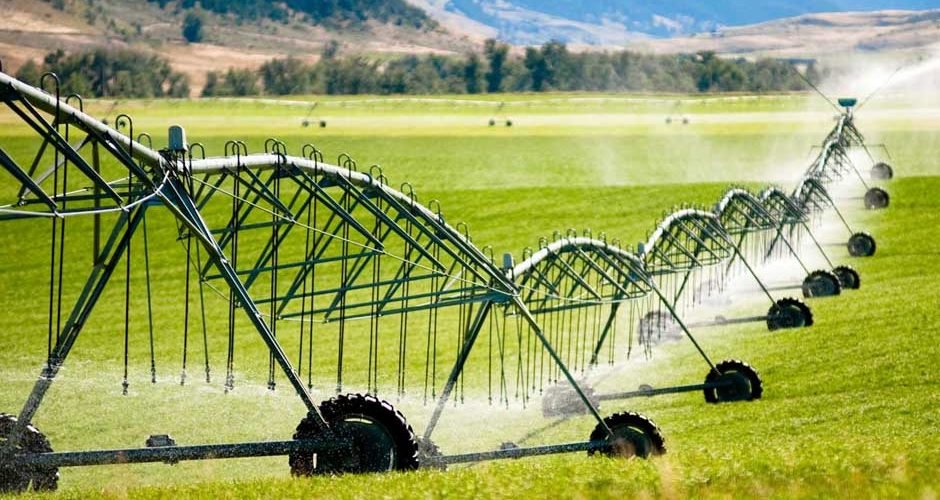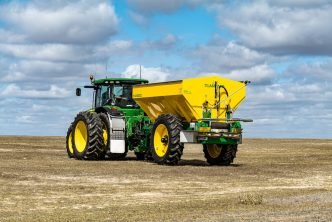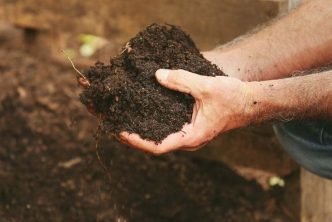In the world of modern agriculture, the quest for higher crop yields is an ongoing challenge. Farmers are constantly seeking innovative ways to make the most of their land and resources. One crucial aspect of this quest is irrigation, particularly the role of irrigation pumps in precision agriculture. So, this article will explore how precision agriculture water supply techniques can significantly enhance crop yields, ultimately ensuring food security for our growing global population.
Table of Contents
The Evolution of Irrigation
Irrigation has come a long way from the days of simple ditches and buckets. Today, cutting-edge technology has revolutionised the way people water their crops. Precision agriculture furthers this evolution by using advanced methods to optimise water distribution. These methods have evolved in response to the ever-increasing demand for agricultural products to support a world population projected to exceed 9 billion by 2050.
The Importance of Irrigation Pumps
They are at the heart of modern precision agriculture. These powerful machines are vital in delivering water to crops precisely when and where needed. With the help of these pumps, farmers can ensure that their fields receive the right amount of water, eliminating the risks of overwatering or underwatering. As farming practices have become more mechanised and efficient, these pumps have become indispensable tools for meeting the challenges of modern agriculture.
Efficiency in Water Usage
One of the major benefits of precision agriculture is the efficient use of water. In a world where water resources are becoming increasingly scarce, making every drop count is essential. As such, water pumps and advanced monitoring systems allow farmers to optimise water usage, reducing waste and environmental impact. This efficient use of water resources is critical for agricultural sustainability and conserving this precious resource for future generations.
Increased Crop Quality
Precision irrigation techniques contribute to improved crop quality. By providing a consistent and controlled water supply, water pumps help prevent stress on plants during dry periods. This leads to healthier crops with fewer diseases and better resistance to pests. Farmers who have embraced precision agriculture have seen higher yields and crops that meet the stringent quality standards demanded by consumers worldwide.
Enhanced Crop Yields
The supreme goal of precision agriculture is to maximise crop yields, and irrigation pumps are instrumental in achieving this. By delivering water precisely and efficiently, these pumps ensure that crops receive the necessary hydration for optimal growth. This leads to larger harvests and increased profits for farmers. In today’s competitive agricultural landscape, where demand for food is constantly growing, precision agriculture and water pumps provide a reliable means of meeting this demand while maintaining profitability.
The Role of Data and Automation
In the realm of precision agriculture, data is king. Advanced monitoring systems collect data on soil moisture, weather conditions, and crop health. This data is then used to automate irrigation processes, ensuring crops are watered at the right times and amounts. This level of precision would be impossible without the aid of technology. The integration of data-driven decision-making and automation has revolutionised farming practices, allowing farmers to adapt to changing conditions quickly and effectively.
Environmental Sustainability
Precision agriculture is not only about boosting yields; it’s also about sustainability. By using this technique, farmers can reduce the environmental impact of farming. Water resources are conserved, and the risk of soil erosion is minimised, making agriculture more eco-friendly. As the world grapples with the challenges of climate change and environmental degradation, the adoption of precision agriculture and its associated technologies represents a significant step toward a more sustainable and resilient food system.
In conclusion, precision agriculture irrigation techniques, with the indispensable support of irrigation pumps, hold the key to maximising crop yields while promoting sustainability. These methods enable farmers to use water efficiently, enhance crop quality, and increase overall productivity. As people move forward in the world of agriculture, embracing precision techniques like these is crucial to meeting the global demand for food while preserving our precious natural resources. By adopting precision agriculture, farmers can harness their land’s potential and contribute to a more sustainable and food-secure future.




